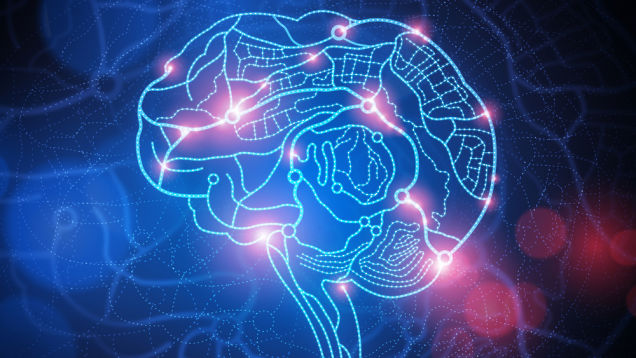There’s a relatively well-known theory that applying an electric current to your head in just the right way can improve cognition. It’s a theory popular with scientists, internet DIY enthusiasts and students at 2am before a final. But according to a new double-blind study, transcranial direct current stimulation makes you the opposite of clever.
Scientists at the University of North Carolina School have released a paper in Behavioural Brain Research detailing a double-blind, 41-participant study into the effectiveness of tDCS. Their methodology is relatively simple: they gave participants an IQ test; then, a week later, administered tDCS (or a ‘sham tDCS) to test subjects, followed immediately by a similar IQ tests.
Rather than see the test scores go up, as the tDCS faithful would have you believe, the group that would had their brains zapped for real recorded a lower IQ score, with significantly worse performance on the visual puzzles section of the tests.
This isn’t quite the end of the road for tDCS fans. TDCS has been tested numerous times in lab settings, with somewhat mixed results, although previous tests have suffered from small sample sizes, or just bad science. There are potentially other explanations for the study results: the stimulation was applied in a single session, rather than over weeks, and there are thousands of subtleties to the type of stimulation, like the placement of electrodes.
So tDCS isn’t quite dead yet; but if you’re looking for an 11th-hour Hail Mary, religion is probably statistically a safer bet. [Behavioural Brain Research]
